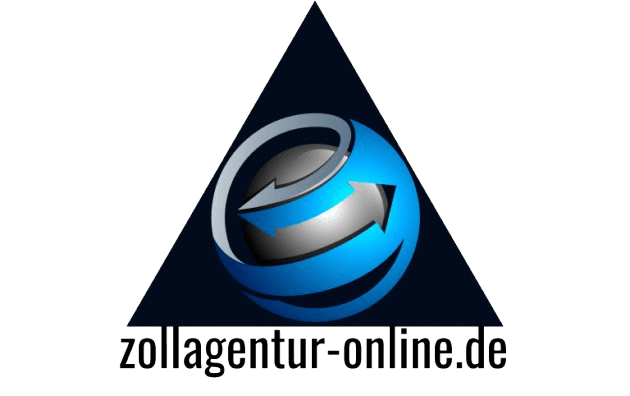For any business involved in international trade, the movement of goods across borders is a fundamental yet often complex process. While the idea of reaching new markets is exciting, the reality involves navigating a detailed web of customs regulations, particularly when importing into a country like Germany. The key to smooth operations and avoiding costly delays lies in understanding and preparing for your goods’ journey through customs.
Every time goods enter Germany from outside the EU, they must be declared to customs authorities. This is done through a customs declaration import, a precise document that provides all the essential details about your shipment. Think of it as the identity card for your goods, informing customs about their type, quantity, value, origin, and intended use. This declaration serves several critical purposes for German customs, allowing them to verify the legality of the import, accurately calculate any duties, taxes (like import VAT), and other fees owed, collect vital trade statistics for economic monitoring, ensure compliance with safety, health, and environmental standards, and identify any restricted or prohibited goods. Errors or omissions on this declaration are a primary cause of delays, inspections, and even fines. A simple mistake in a tariff code or an inaccurate valuation can halt your shipment, leading to unexpected costs and disrupting your supply chain.
Germany, like the rest of the EU, relies heavily on digital systems to manage the flow of goods. The ATLAS system is central to this, processing millions of import and export declarations electronically. This digital approach is designed to make customs clearance faster and more efficient, but it requires precision from businesses. When your goods arrive at the German border or port, customs officials review your electronic declaration. If all information is correct and complete, the process can be remarkably quick, allowing your goods to proceed without unnecessary physical checks. This seamless flow is vital for businesses that rely on timely deliveries and efficient inventory management. Conversely, if discrepancies are found, the shipment may be flagged for a more detailed inspection, leading to significant delays and additional expenses.
To ensure your goods cross the German border without a hitch, focusing on key areas is essential. Accuracy is paramount: double-check every detail on your import declaration, ensuring that product descriptions are precise, Harmonized System (HS) codes are correct, and the value of goods is accurately stated. You must also know your regulations: be aware of specific German and EU import regulations for your particular goods. Do they require special licenses, permits, or certifications (e.g., for food, electronics, or textiles)? Researching these beforehand is crucial. Furthermore, prepare all documents: beyond the main customs declaration, ensure you have all supporting documents ready, such as commercial invoices, packing lists, bills of lading, and certificates of origin. These documents must match the information on your declaration. Finally, understand duties & taxes: be clear on the applicable customs duties, import VAT, and any other taxes or fees, factoring these into your pricing and ensuring they are accounted for.
Navigating Germany’s customs landscape can be challenging, especially with evolving regulations. For many businesses, maintaining internal expertise on all these nuances is not practical. This is where partnering with a specialized customs agency becomes invaluable. An agency like Zollagentur Online provides the expertise needed to manage your import processes efficiently. They can meticulously prepare your customs declaration import, ensure proper classification of goods, advise on necessary permits, and handle communication with customs authorities, leading to truly hassle-free border crossings for your goods into Germany. By entrusting your customs matters to professionals, you not only ensure compliance but also save valuable time and resources.
